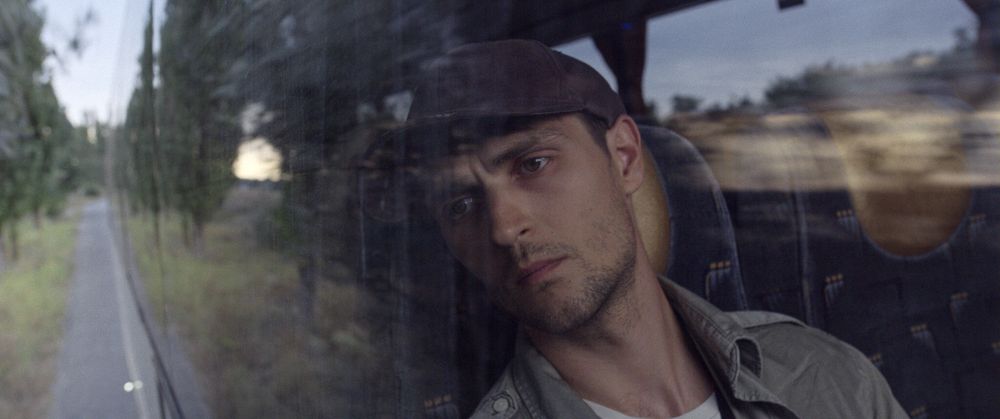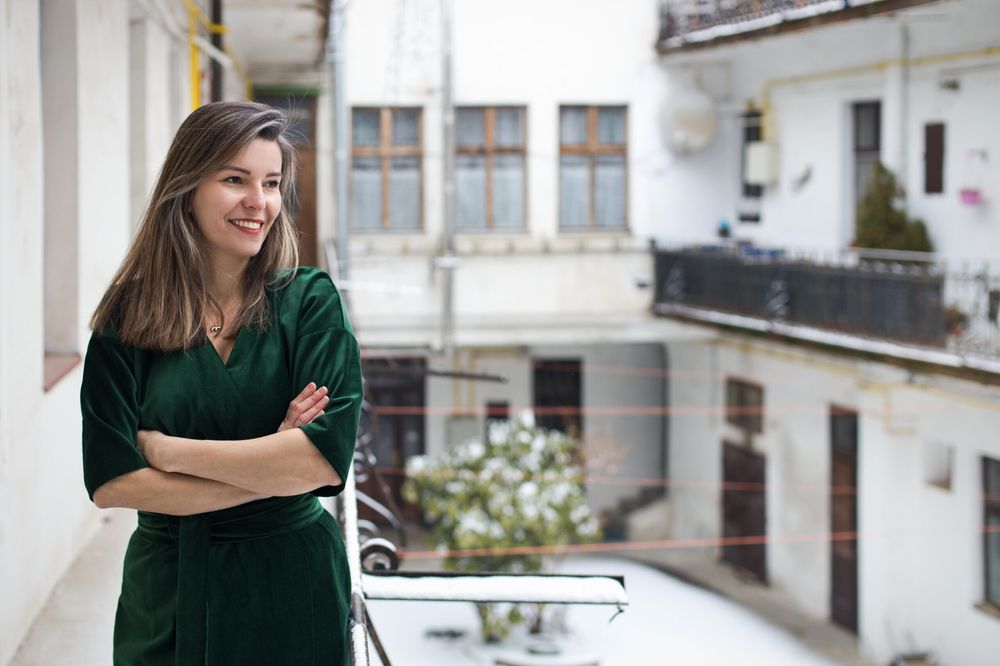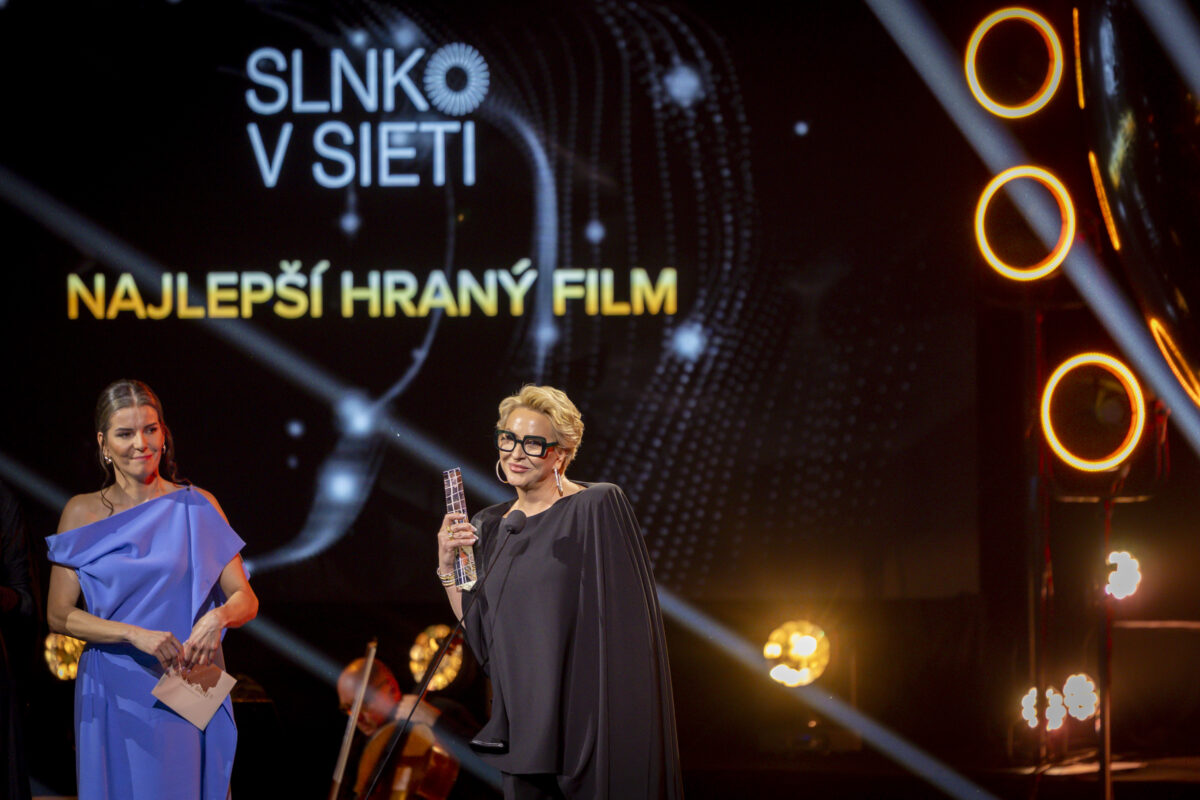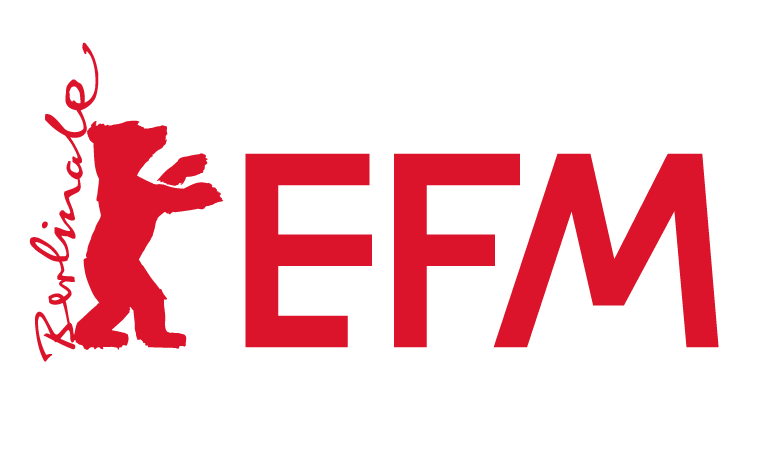Katarína Krnáčová is a film and TV producer dedicated to sustainable and diverse productions, both on and off the screen. She produced Little Harbour (dir. by Iveta Grófová, 2017), winner of the Berlinale Crystal Bear, and the family film Summer Rebels (dir. by Martina Saková, 2020), which received the German Film Critics Award. Moreover, she produced Stand Up (dir. by Juraj Bohuš, 2022), the first Slovak film shot green, and co-produced a box office hit and the best European Children’s Film How I Learned to Fly (dir. by Radivoje Andrić, 2022). Her current slate includes seven fiction and documentary films and a high-end TV series. She is the president of the Slovak Film and Television Academy and a member of the EFA.
You are the co-producer of The Editorial Office, which will premiere at this year’s Berlinale. What made you interested in participating in this project?
My decision to participate was strongly influenced by the director Roman Bondarchuk’s profound understanding of the subject. It’s his world, his home region, his people. I was convinced by the high level of authenticity he brought to the project, which, when combined with the film’s satirical and somewhat absurd narrative tone, forms its core strength and uniqueness.
What were some of the biggest challenges you faced as a co-producer of this film?
As the last and fourth co-producer to come on board, our primary goal was to assist our Ukrainian partners in finishing the film. They needed to shoot the film’s epilogue, and we managed to do it in Slovakia. The biggest challenge was making it happen quickly and with a limited budget while still achieving the high quality we all aspired to. What is more, we were filming in April 2023 amidst the invasion of Ukraine, which required transferring the entire cast and crew from Ukraine to Slovakia. This proved to be a rather complicated process.
You have several projects in production right now. Can you share where these stand and which one you think will appeal most to international audiences?
We are currently wrapping up the editing of Company of Steel (dir. Yuliia Hontaruk), a documentary feature also co-produced with Ukraine. It’s a very important and globally relevant story, especially resonant in these times of various wars and conflicts. We are also moving into post-production with our next feature film, Flood (dir. Martin Gonda). Set in a remote Slovak rural area in the 80s, it tells the story of how the communist state authorities destroyed seven Ruthenian villages to build a water reservoir. It’s a film about our roots, the concept of home, and the challenges of preserving a fading culture and heritage.

The Editorial Office
Berlinale Forum
Screenings:
16 Feb | 21:00 | Delphi Filmpalast 1 (Premiere)
17 Feb | 17:30 | City Kino Wedding
18 Feb | 15:00 | Kino Betonhalle@silent green
22 Feb | 18:30 | Kino Arsenal 1
25 Feb | 20:15 | Delphi Filmpalast









